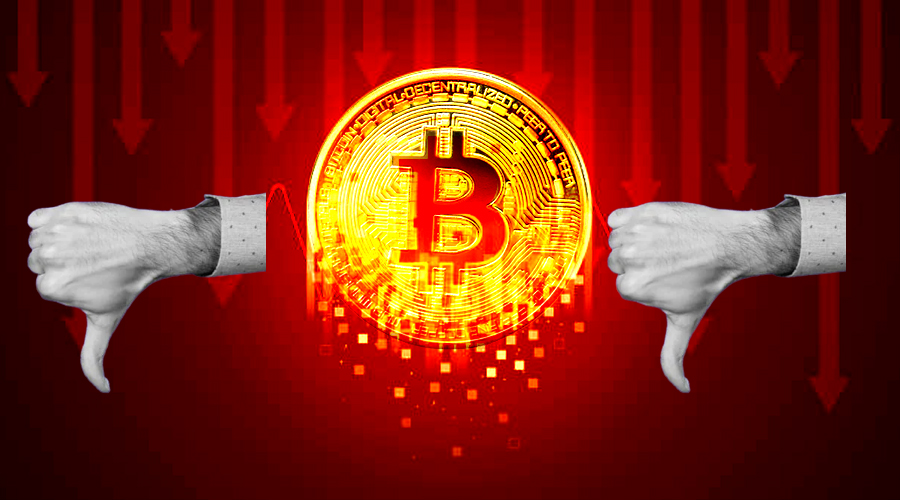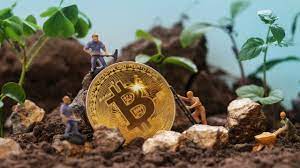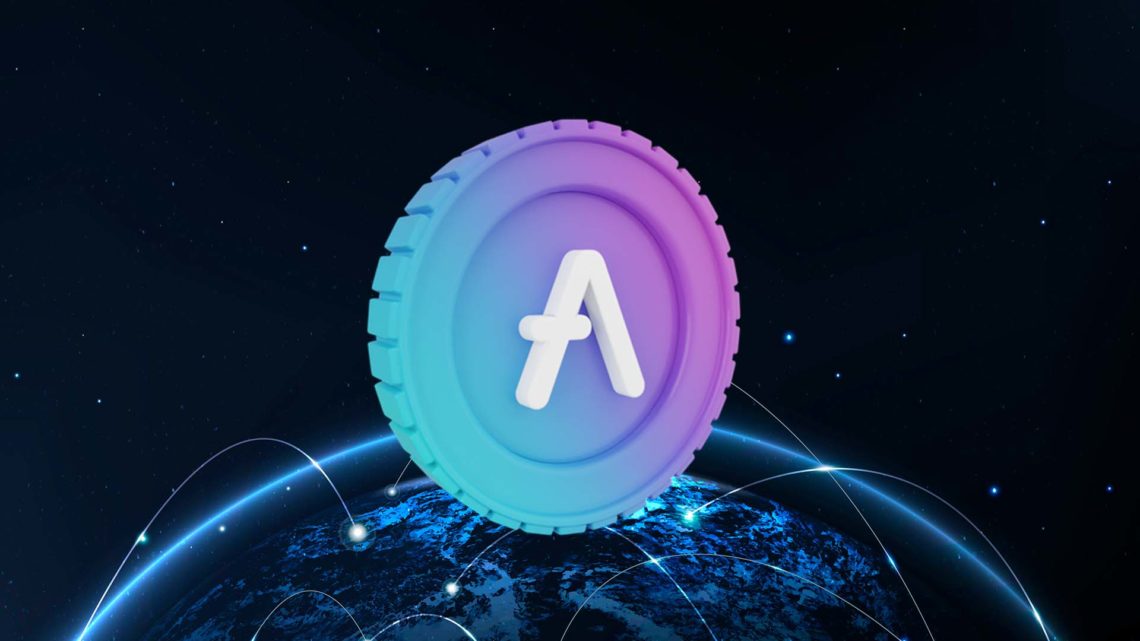World Economic Forum?s Nadia Hewett Talks Supply Chains COVID-19 and Blockchain
Nadia Hewett Talks Supply Chains COVID-19 on supply chains and the role that blockchain can play in building more resilient

Nadia Hewett is the Project Lead, Blockchain and Distributed Ledger Technology, at the?World Economic Forum?(WEF). She is a passionate advocate for the use of blockchain technology to improve supply chains and trade. In a recent interview, Nadia Hewett Talks Supply Chains COVID-19 on supply chains and the role that blockchain can play in building more resilient and sustainable supply chains for the future.
COVID-19 and the Impact on Supply Chains
The COVID-19 pandemic has had a significant impact on supply chains around the world. Border closures, lockdowns, and social distancing measures have disrupted the flow of goods and services.
This has led to shortages of essential goods, such as food and medical supplies. It has also caused significant financial losses for businesses of all sizes.
The Role of Blockchain in Building Resilient Supply Chains
Blockchain technology has the potential to help businesses build more resilient supply chains.
Blockchain is a distributed ledger technology that can be used to track the movement of goods and services throughout a supply chain. It can also be used to create a single source of truth for all supply chain data.
This can help businesses to:
- Improve visibility and transparency in their supply chains
- Reduce fraud and counterfeiting
- Improve efficiency and reduce costs
- Increase agility and resilience
Hewett's Vision for the Future of Supply Chains
Nadia Hewett believes that blockchain technology has the potential to revolutionize the way that supply chains are managed. She envisions a future where blockchain is used to create a more transparent, efficient, and sustainable global supply chain.
In her interview, Hewett said: "Blockchain can help us to create a more resilient and sustainable global supply chain. By providing a single source of truth for all supply chain data, blockchain can help us to improve visibility and transparency, reduce fraud and counterfeiting, and improve efficiency and reduce costs. This will lead to a more sustainable supply chain that is better able to withstand shocks and disruptions."
Challenges to the Adoption of Blockchain
There are a number of challenges that need to be addressed before blockchain can be widely adopted in supply chains.
One challenge is the lack of standardization. There are many different blockchain platforms and solutions available, but they are not always compatible with each other. This can make it difficult for businesses to integrate blockchain into their supply chains.
Another challenge is the cost of implementing and maintaining blockchain solutions. Blockchain technology is still relatively new and expensive. This can deter businesses from adopting blockchain, especially small and medium-sized businesses.
Despite the challenges, the potential benefits of blockchain for supply chains are significant. Blockchain has the potential to make supply chains more transparent, efficient, and resilient.
As the technology continues to develop and the cost of implementation decreases, we can expect to see blockchain being used more and more in supply chains around the world.
Additional Thoughts
In addition to the benefits mentioned above, blockchain can also help to improve sustainability in supply chains.
For example, blockchain can be used to track the provenance of goods and services. This can help consumers to make more informed choices about the products they buy and businesses to identify and mitigate sustainability risks in their supply chains.
Overall, blockchain is a promising technology with the potential to revolutionize the way that supply chains are managed. It is important to address the challenges to adoption, such as the lack of standardization and the cost of implementation. However, the potential benefits of blockchain are significant, and we can expect to see blockchain being used more and more in supply chains in the years to come.
How to Make Blockchain More Accessible to Businesses
There are a number of things that can be done to make blockchain more accessible to businesses, especially small and medium-sized businesses.
One is to develop more standardized blockchain solutions. This would make it easier for businesses to integrate blockchain into their supply chains, regardless of their size or technical expertise.
Another is to reduce the cost of implementing and maintaining blockchain solutions. This could be done by developing more efficient blockchain platforms and by providing government subsidies for businesses that adopt blockchain.
Finally, it is important to educate businesses about the benefits of blockchain and how to implement it. This can be done through government programs, industry initiatives, and educational programs.
By taking these steps, we can make blockchain more accessible to businesses of all sizes and help them to build more resilient and sustainable supply chains.
What's Your Reaction?
















